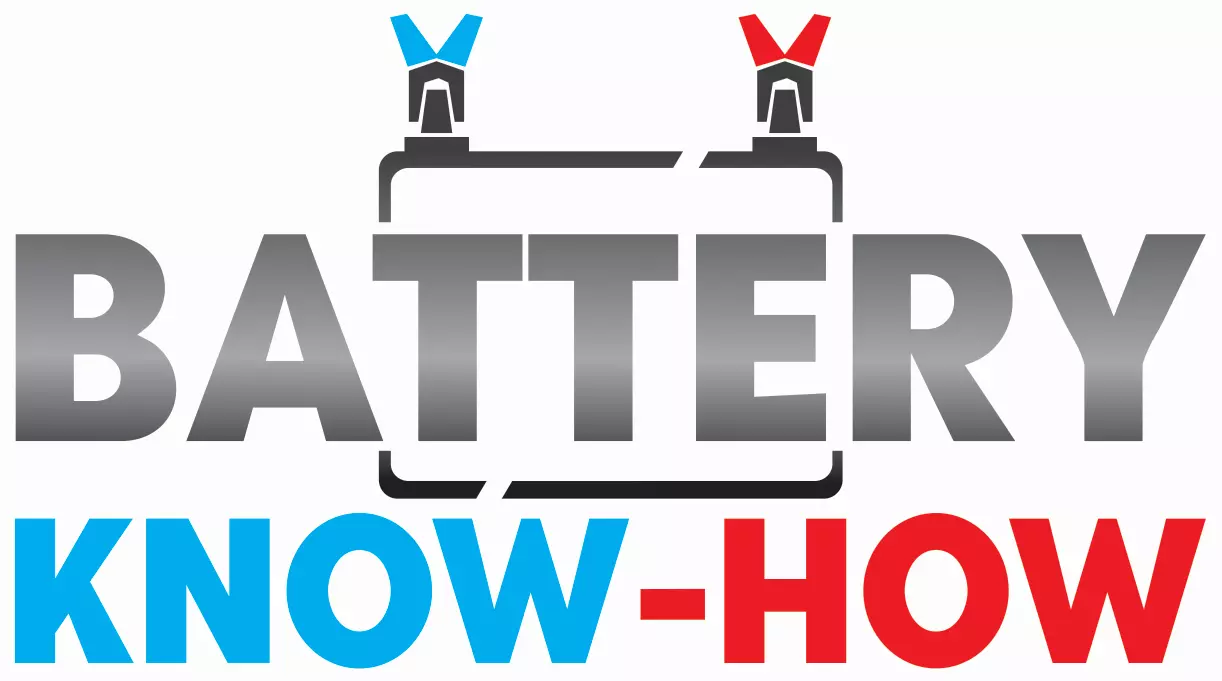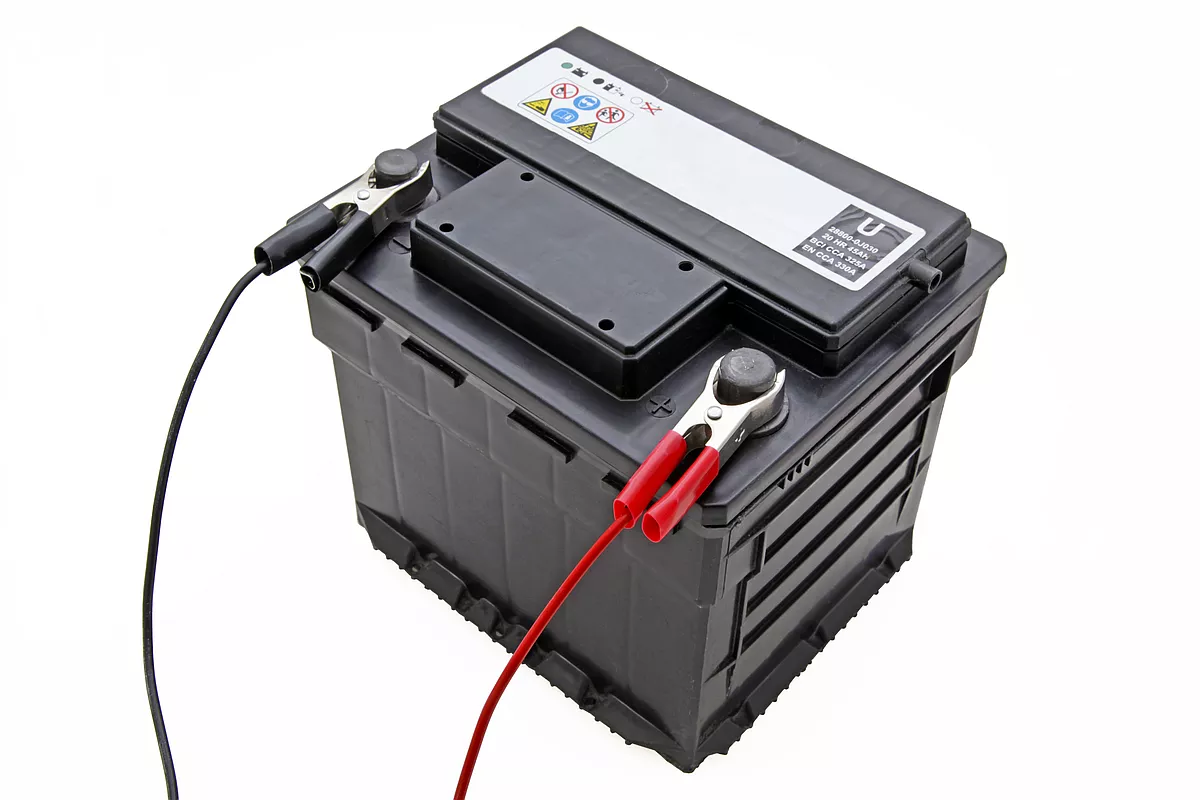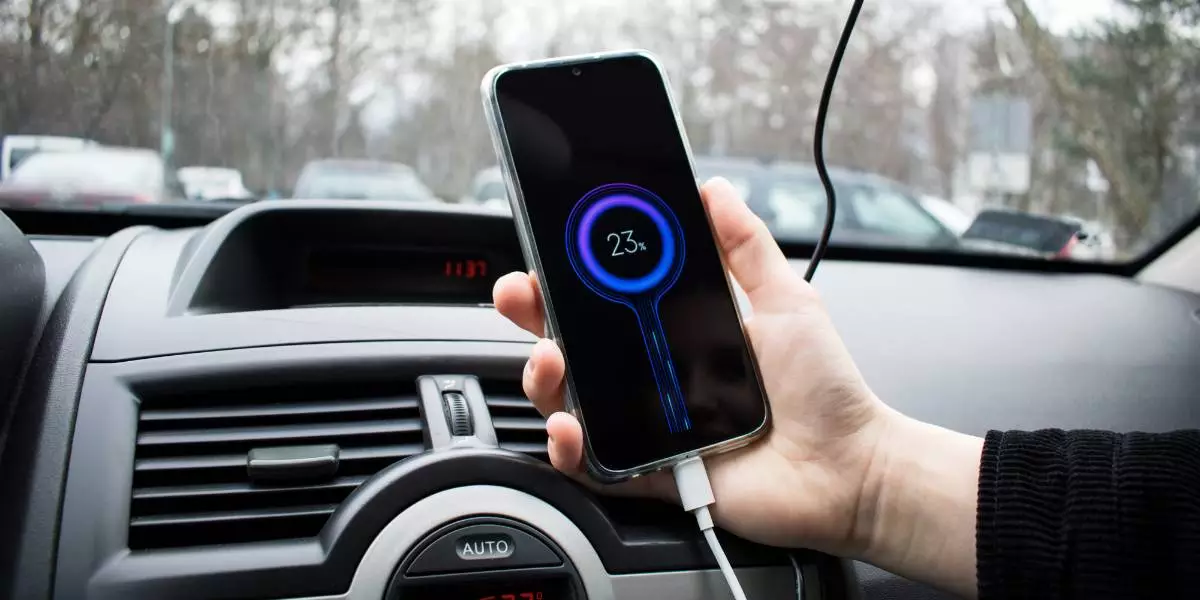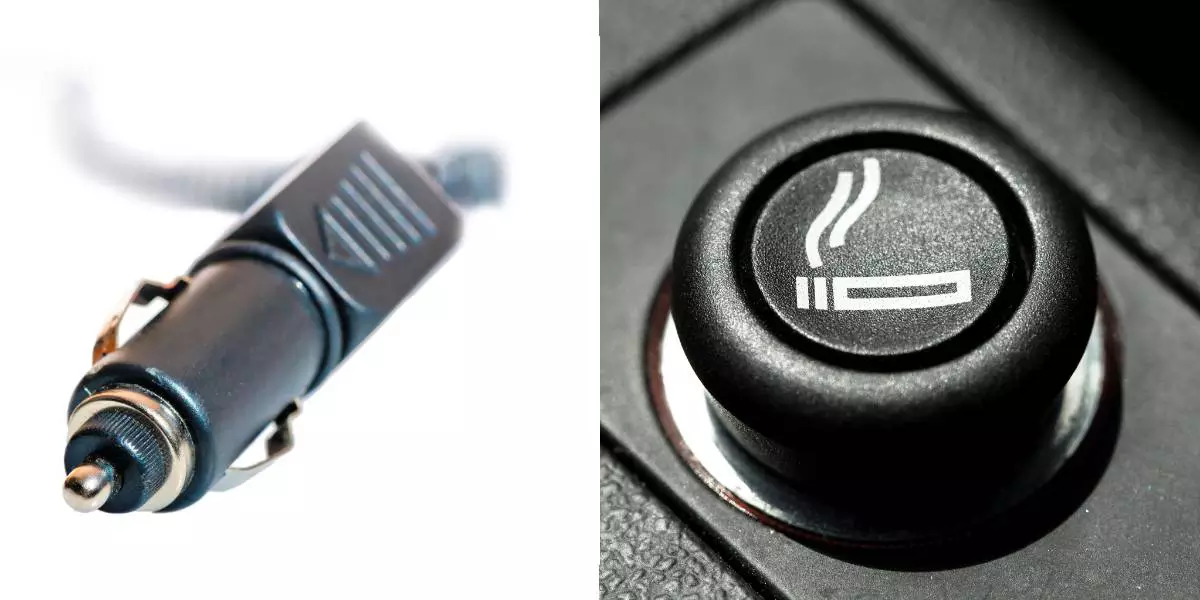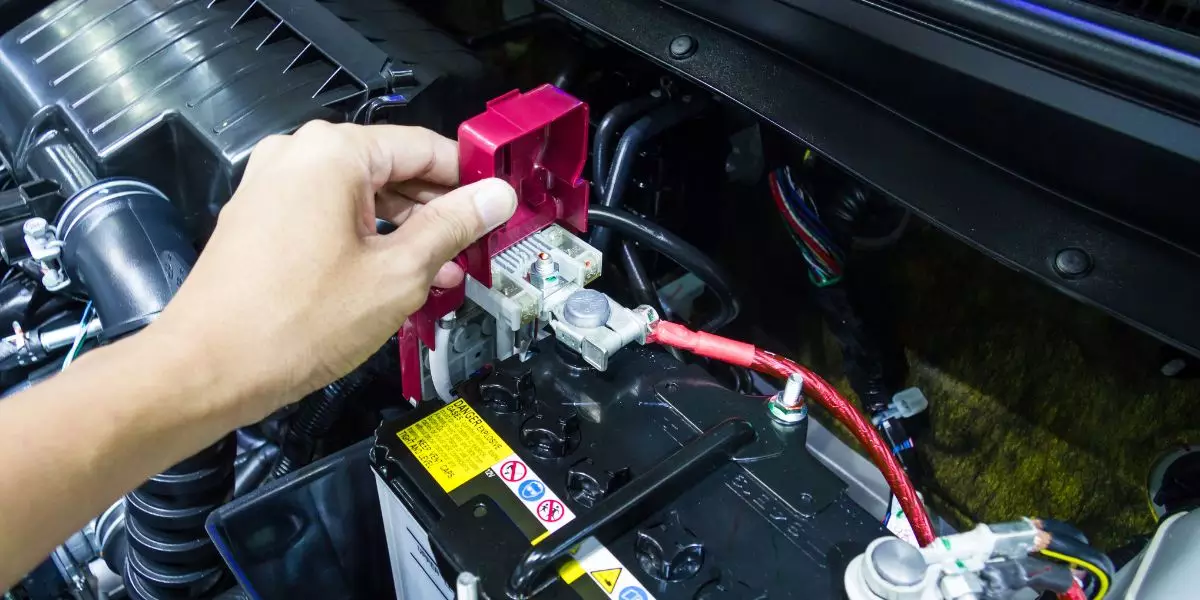Did you know that nearly 30% of car breakdowns are caused by a dead battery? It’s frustrating when your car won’t start, especially when you’re in a hurry.
But don’t worry, there’s a solution! If you find yourself with a dead battery, you may be wondering if you can charge it using a 12-volt charger. Well, the answer is yes! Using a 12-volt charger is not only possible but also convenient and cost-effective.
In this article, we will explore the basics of car battery charging and discuss the compatibility of 12-volt chargers with car batteries. We’ll also provide some precautions to keep in mind while charging your battery and offer alternative methods for those who prefer not to use a 12-volt charger.
So, let’s dive in and learn how to get your car back on the road quickly and efficiently!
Key Takeaways
- Charging a car battery with a 12-volt charger is possible, convenient, and cost-effective.
- Different car batteries require specific charging techniques, so it is important to follow the manufacturer’s recommendations.
- Regular maintenance of the battery is crucial before charging to ensure optimal performance and longevity.
- It is important to monitor the charging process to prevent overcharging or undercharging, as well as to adhere to recommended charging durations for battery health.
Understanding Car Battery Charging Basics
So, you’re wondering if you can charge your car battery with a 12-volt charger. Battery maintenance is crucial for prolonging the lifespan of your car battery.
There are different types of car batteries, such as lead-acid and lithium-ion, each requiring specific charging techniques. Signs of a weak car battery include slow engine cranking and dim headlights.
When it comes to charging, using a 12-volt charger is generally safe for most car batteries. However, it’s important to ensure compatibility between the charger and your specific battery type before proceeding.
In the next section, we’ll discuss the compatibility of 12-volt chargers with car batteries and provide more details on how to safely charge your battery without risking damage or reducing its overall performance.
Compatibility of 12-Volt Chargers with Car Batteries
Furthermore, 12-volt chargers are fully compatible with automotive batteries. They offer a convenient and efficient way to recharge your car battery. They are designed to provide the necessary voltage and current for effective charging, ensuring that your battery gets the power it needs.
Additionally, 12-volt chargers can handle various battery capacities, making them suitable for different types of vehicles. The voltage specifications of these chargers align perfectly with the requirements of car batteries, allowing for safe and reliable charging. Moreover, they offer decent charging speeds, helping you get your vehicle back on the road quickly.
Moving forward, it’s essential to consider precautions when using a 12-volt charger to charge your car battery without risking any damage or accidents.
Precautions for Charging a Car Battery with a 12-Volt Charger
When charging your car battery with a 12-volt charger, it’s important to follow some safety precautions to avoid any accidents or damage. Make sure to wear protective gloves and goggles, and keep the charger away from any flammable materials.
Additionally, carefully read the instructions provided by the manufacturer for proper connection and make sure you connect the positive and negative terminals correctly.
Lastly, be mindful of the recommended charging time to prevent overcharging or undercharging your car battery.
Safety precautions for charging
To ensure your safety while charging, remember to take necessary precautions when using a 12-volt charger to charge a car battery.
First, make sure you’re using the correct charging equipment specifically designed for car batteries. This’ll help prevent any damage to the battery or the charger itself.
Additionally, it’s important to regularly maintain your battery by checking its condition and cleaning any corrosion on the terminals before charging.
When working with electricity, always prioritize electrical safety by wearing protective gloves and goggles.
To minimize the risks of overcharging, closely monitor the charging process and disconnect the charger once the battery reaches full capacity.
Lastly, store your charger in a cool and dry place away from flammable materials to avoid any potential accidents.
By following these safety precautions, you can ensure a successful and safe charging experience.
Now let’s move on to proper connection instructions for charging your car battery with a 12-volt charger.
Proper connection instructions
Now, let’s dive into the proper way to hook up your 12-volt charger and witness the magic unfold!
When it comes to connecting your charger, there are a few important techniques to keep in mind. First, make sure both the positive and negative terminals on the battery are clean and free of corrosion.
Next, connect the red cable from the charger to the positive terminal and the black cable to the negative terminal. Be careful not to mix up these connections, as this is one of the most common mistakes people make.
If you encounter any issues during charging, double-check your connections and consult your charger’s manual for troubleshooting tips.
It’s also crucial to ensure that you’re using a charger with a recommended charging voltage suitable for car batteries. This helps prevent overcharging or undercharging, which can damage your battery in the long run.
Finally, don’t forget about regular maintenance! Keeping an eye on your battery’s health and performing routine checks can prolong its lifespan.
With these connection techniques, common mistake awareness, troubleshooting knowledge, recommended charging voltage adherence, and regular maintenance practices in place – you’re well on your way to efficiently charge your car battery!
Now let’s move on to discussing some charging time recommendations.
Charging time recommendations
Optimal charging durations should be adhered to in order to ensure the longevity of your vehicle’s battery. When using a 12-volt charger, it is important to understand the factors that can affect the charging time. The optimal charging voltage for most car batteries is around 14 volts, so make sure your charger provides this level of voltage. Factors such as the size and age of the battery, as well as its state of charge, can also impact the charging time. It is crucial to regularly maintain your battery by keeping it clean and checking its electrolyte levels. Avoid common mistakes like overcharging or undercharging, as these can damage your battery. Additionally, keep in mind that temperature plays a role in charging efficiency – colder temperatures may slow down the process. Transitioning into alternatives for car battery charging without writing ‘step’, let’s explore other methods you can use if a 12-volt charger is not available.
Alternatives to Using a 12-Volt Charger for Car Battery Charging
Instead of relying on a 12-volt charger, you can try other methods to charge your car battery. One alternative is using solar-powered chargers. These chargers harness energy from the sun and convert it into electricity to charge your car battery.
Another option is jump-starting a car battery. This involves connecting your dead battery to another vehicle’s fully charged battery using jumper cables.
Portable power banks are also useful for charging car batteries on the go. They provide a portable source of power that can be used to jump-start your vehicle or charge the battery directly.
Additionally, alternators can serve as a charging source when you’re driving your car. They generate electricity while the engine is running and charge the battery at the same time.
Lastly, you can use a trickle charger which slowly charges the battery over an extended period of time.
These alternatives offer different ways to charge your car battery without relying solely on a 12-volt charger.
To ensure proper and safe charging, it’s always recommended to seek professional assistance for car battery charging needs.
Professional Assistance for Car Battery Charging
If you’re not confident in using alternatives to charge your car battery and want professional guidance, there are experts available to help. Seeking assistance from a professional ensures that your battery is charged safely and effectively. They have the knowledge and experience to apply proper charging techniques specific to your battery’s needs.
Moreover, professionals can provide troubleshooting tips if any issues arise during the charging process. Additionally, they can advise you on battery maintenance practices to extend its lifespan and prevent future problems.
Understanding common charging mistakes is crucial, as it helps you avoid damaging your battery or risking personal safety. By relying on professional assistance, you can have peace of mind knowing that experts will take care of your car battery while imparting valuable knowledge for future use.
- Importance of professional guidance:
- Ensures safe and effective charging
- Specific techniques tailored to your battery
- Troubleshooting tips for any issues
- Battery maintenance advice:
- Extending lifespan
- Preventing future problems
- Common charging mistakes:
- Avoiding damage
- Ensuring personal safety
Conclusion
You’ve got the power to charge your car battery with a 12-volt charger! Just remember to follow some precautions and ensure compatibility. But hey, don’t forget about other alternatives or seeking professional help if needed.
Charging your car battery is like giving it a boost of life, like breathing new energy into its veins. So go ahead, be the hero that saves your car’s day!
Frequently Asked Questions
How long does it typically take to fully charge a car battery with a 12-volt charger?
Typically, it takes several hours to fully charge a car battery with a 12-volt charger. However, the charging time may vary depending on factors such as optimal charging voltage, battery maintenance, extreme temperatures, and can affect the overall lifespan of the battery.
Can I use a 12-volt charger to charge a completely dead car battery?
To charge a completely dead car battery, you can use a 12-volt charger. However, charging time depends on various factors like battery capacity and charging efficiency. Regular maintenance is crucial to prolong battery life.
Are there any specific safety measures I should take when using a 12-volt charger to charge a car battery?
To ensure safety, take necessary precautions when using a 12-volt charger to charge your car battery. Maintain proper ventilation, set the charger correctly, avoid sparks, and follow battery maintenance guidelines.
Can using a 12-volt charger to charge a car battery damage the charger or the battery?
Using a 12-volt charger to charge a car battery won’t damage the charger or the battery if it’s compatible. However, it’s crucial to consider factors like voltage stability, charging efficiency, and charging port compatibility for optimal results and preserving battery lifespan.
Is it possible to overcharge a car battery using a 12-volt charger?
Overcharging risks are present when using a 12-volt charger to charge a car battery. It is important to follow voltage limitations and practice proper battery maintenance to avoid damaging the charger or shortening the battery’s lifespan. Consider alternative charging methods for optimal battery care.
